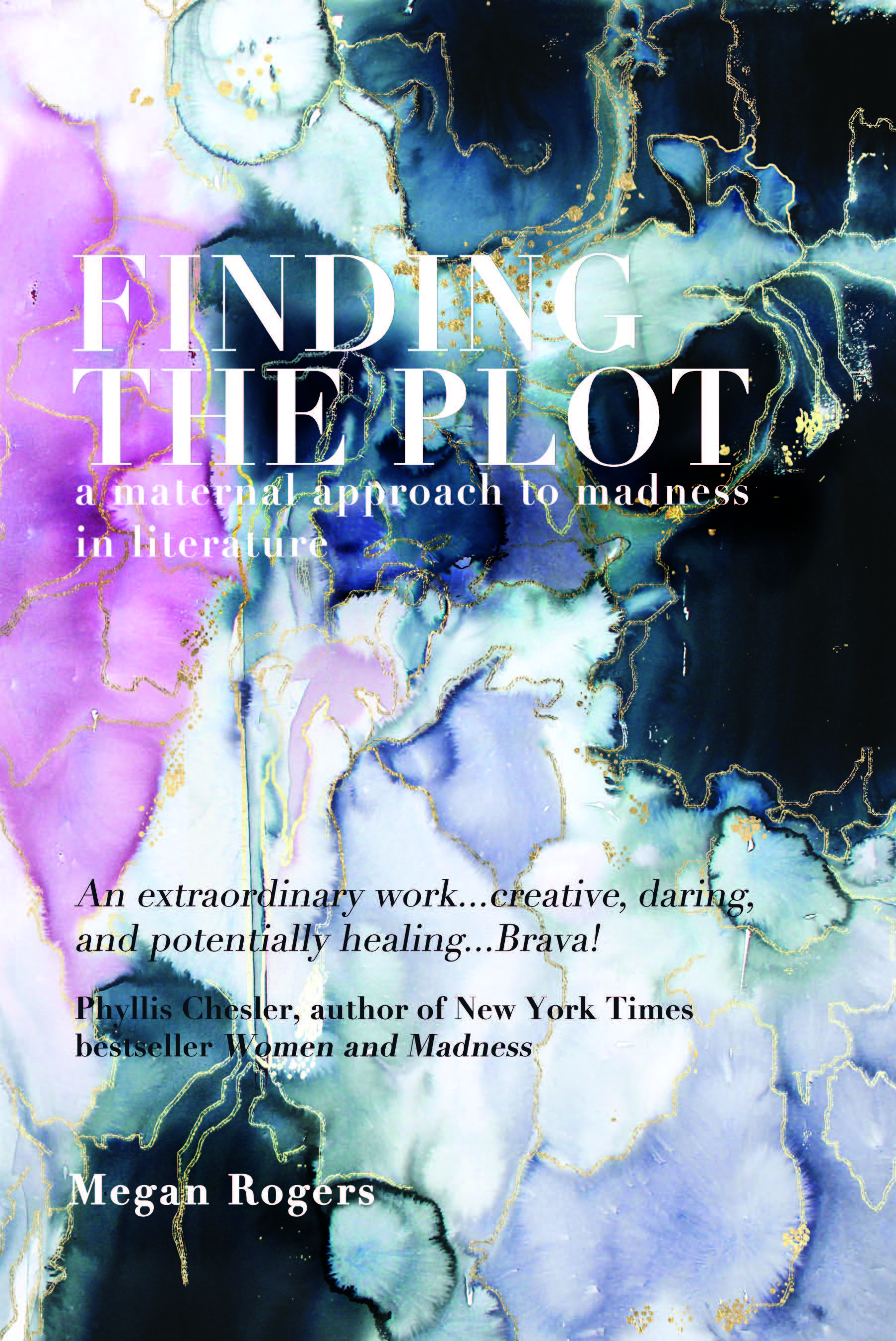
Price: $34.95
Page Count: 284
Publication Date: December 2017
ISBN: 978-1-77258-136-2
'A truly wonderful addition to both the scholarly and creative market. This book is not
only groundbreaking in its theoretical propositions, but is also significant in its
contribution to creative practice. The ideas behind the concept of the maternal
journey are rigorous and well argued, and the resulting model for writers and story
creators is a much needed addition to the creative canon. Dr Rogers will find herself
sitting comfortably alongside the likes of Campbell, Vogler, and Murdock with this
book!'
-Associate Professor Craig Batty, author of Movies That Move Us: Screenwriting and
the Power of the Protagonist's Journey.
This extraordinary work seeks to heal the divisions between feminist literary critics in terms of
how they understand madness, the interrupted heroic journey, "empowered (non-biological)
maternalism" and transformation. Rogers brings an enormous erudition to bear on the compelling,
controversial, and unresolved questions about fictional mad women in the attic, in the insane
asylum, and in life, and what relationship they have and might have to both their critics and
readers.
-Phyllis Chesler, author of New York Times bestseller Women and Madness.
In this bold work of third-wave feminist literary criticism, Megan Rogers
argues for a new way forward for fictional protagonists in feminist novels. She asks
provocatively: “When did happy endings become so un-feminist?”
In addition, Megan Rogers has created a new concept — that of the ‘eternal
madwoman’ — and through her close reading of four of the best-loved
mad-woman-in-the-attic novels (The Bell Jar, Wide Sargasso Sea, Surfacing and The
Woman Upstairs) she encourages readers, novelists and critics alike to envisage the
possibility of cathartic “happy endings’” both in literature and in life.
Megan Rogers asks readers, novelists and literary critics to re-evaluate a very
old-fashioned term (one that has been devalued and is now ripe for renovation): the
‘message’ of a novel. Her powerful call to arms is to assert that readers, novelists and
critics could find a use for theory “to better the lives of everyday women”.
Provocatively, Megan Rogers asks: Do we really want our daughters to be told that
that being stuck in an attic in a state of madness and silence is an act of feminist
rebelliousness?
As an alternative Megan Rogers envisages the possibility of a fictional (or a real)
woman (one in pain) undertaking an emancipatory journey, out of ‘stuckness’ and
silence, towards a heroic ascent.
For Megan Rogers, finding the plot means a rejection of the valorisation of the
madwoman in the attic as a rebellious victor. Finding the plot also means finding a
resolution of the eternal madwoman’s dilemma where she is stuck in a “descent
phase” of aloneness, silence and negation. Finding the plot means giving the
madwoman in the attic the (self-)permission to come down the stairs, to no longer be
silenced and to subsequently begin the “ascent phase” into being a “self-realised,
self-loving, self-respecting subject”.
-Antoni Jach is the author of three novels —The Weekly Card Game, The Layers of the
City and Napoleon’s Double — and of the play Waiting for Isabella.
Acknowledgements
Introduction: The academic is personal
Chapter 1: Who is the madwoman in the attic?
The nineteenth-century madwoman
Bertha as primary nineteenth-century madwoman
The twentieth-century madwoman
The twenty-first century madwoman
Defining the literary madwomen
Literary madwoman as feminist icon
Chapter 2: Calls for a new approach
Feminist friction 49 Madness and critical disability studies
The path forward
Chapter 3: Myth and the literary madwoman
The monomyth
The heroine’s journey
Separation from the feminine
Identification with the masculine
Road of trials: meeting ogres and dragons
The boon of success
Awakening to feelings of spiritual aridity: death
Descent to the goddess
Madness as narrative closure in the heroine’s journey
Chapter 4: The eternal madwoman
A new reading: madness as descent rather than dissent
Rupturing the descent/ascent binary
Rupture as rebellion
Narrative structure as human rather than masculine
Chapter 5: Resolving the eternal madwoman
The eternal madwoman’s encounter with darkness
Identifying the eternal madwoman’s shadow
The eternal madwoman and projection
The effect of shadow and projection omission
The eternal madwoman’s attic as liminal space
The eternal madwoman as liminal persona
Rupture line as borderline
Narrative captivity: why the madwoman remains unresolved
Descent and ascent: necessary for narrative
Chapter 6: The madwoman’s ascent
The eternal madwoman’s individuation and aggregation
The key: unlocking maternal agency, unlocking the attic
The second crescent: writing the ascent
Authority—finding the maternal mentor
Autonomy—acknowledging the shadow
Authenticity—recognizing and withdrawing projections
Empowered maternalism—integrating private and public spheres
Chapter 7: The maternal journey
The modern monomyth
Transforming gender ideologies
The maternal journey and ordinary language philosophy
The maternal journey as postclassical feminist narratology
Towards a maternal narratology
Chapter 8: Towards an era of reconstruction
Reuniting the private and public sphere
Reuniting feminist literary criticism with psychoanalysis
Reuniting feminist literary criticism with the reader
Conclusion
Bibliography
Praise for Finding the Plot
Dr. Megan Rogers is a tutor and researcher in the Media and Communications Department of RMIT University in Melbourne, Australia. An award-winning creative writer, her research focuses on the intersection between myth criticism, feminist literary theory, and maternal studies or, in ordinary language, the ways in which the practice of storytelling can enrich our lives.


